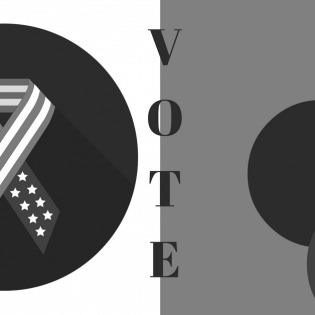Philanthropy and the Government
Anticipatory Set
Watch the following video and listen for the tension between what government and philanthropy do to meet needs. Princeton professor, Dr. Katz, calls the government, "the state." When he says the state is relatively small, he is referring to the size of the U.S. government is small in comparison to other countries, where government may be much bigger, and there is not much of a nonprofit sector because the government meets people's needs.
Video
Questions
- What is an example of a need that is called a "failure of government"? Could it also be called a failure of the market?
- Why is philanthropy called "partially public dollars"?
- What in your words is the role of philanthropy in a civil society?
- Why is consensus needed in order for the government to address an issue?
- What makes philanthropy more nimble to address needs?
Follow-up Activity
Healthcare is one universal need that is addressed by government, business, and philanthropy. Have students take different points of view, conduct research, and have a civil debate about whether healthcare is a right or a privilege, and which sector is most capable of addressing the need. Reflect in writing about the roles of government, business, and philanthropy in addressing healthcare for U.S. citizens.
